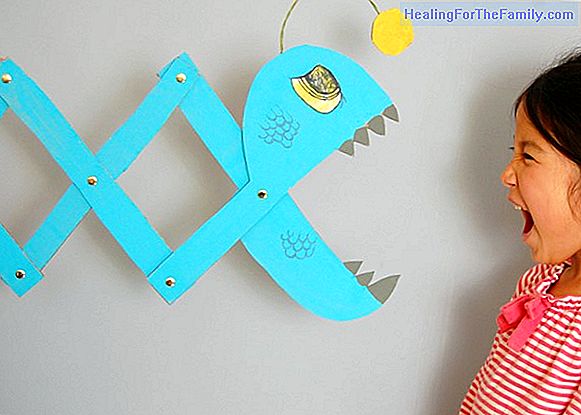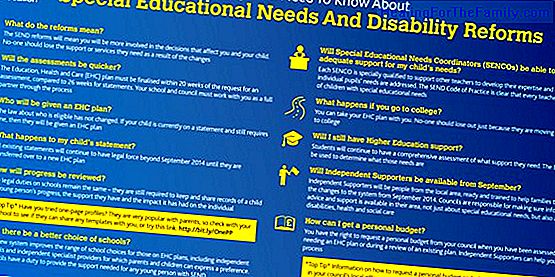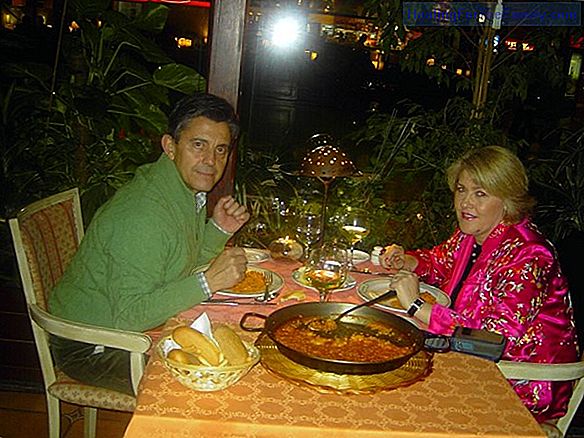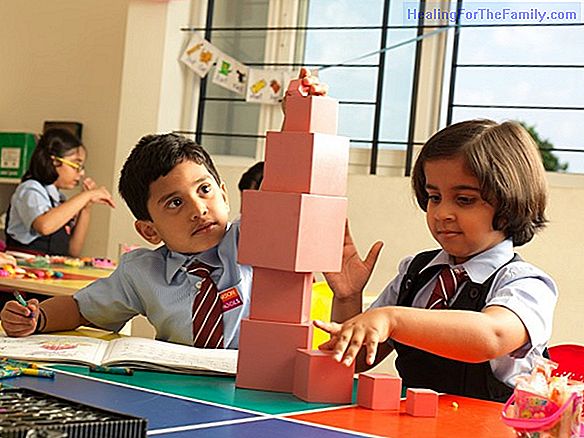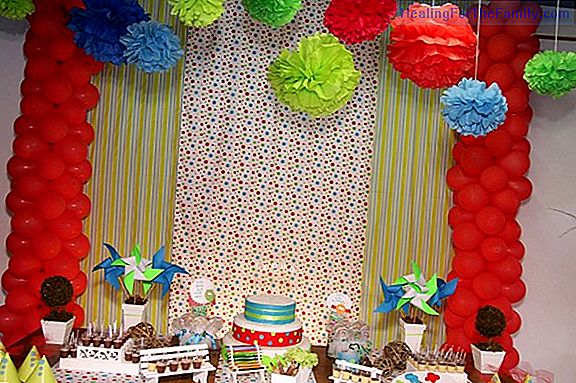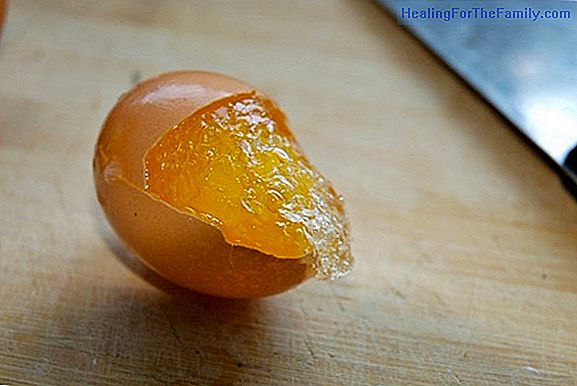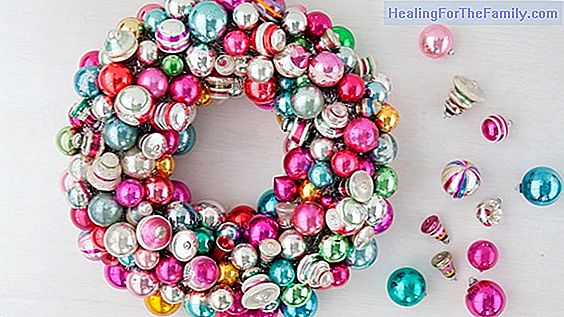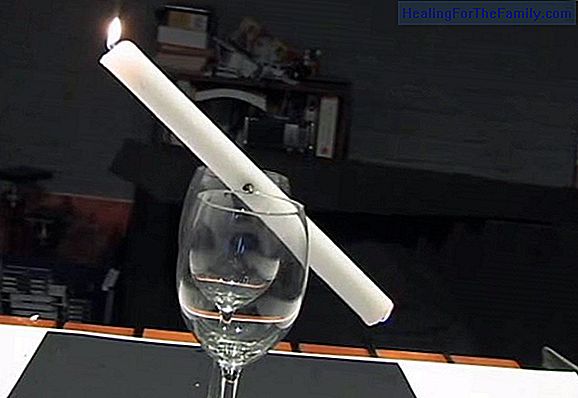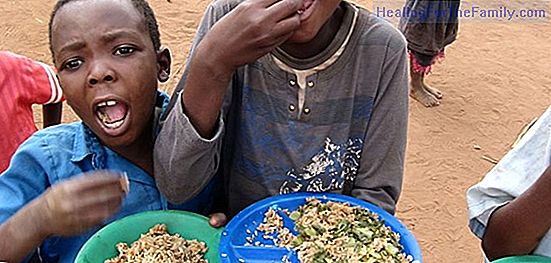7 Catastrophic recycling mistakes that we should not teach children
We all know that having four garbage cans in the kitchen is a real pest, especially if you have a small house. But recycling today is a matter of survival of the species, and that we must inculcate to children from small, and lead by example. The trick is to have small cubes that occupy half of the
We all know that having four garbage cans in the kitchen is a real pest, especially if you have a small house. But recycling today is a matter of survival of the species, and that we must inculcate to children from small, and lead by example. The trick is to have small cubes that occupy half of the other cubes, the advantage is that you can throw garbage every day without having to smell as fermented onions in your kitchen.
Why we must teach to recycle children: because garbage generates infections and diseases and pollutes rivers, seas and farmland. Recycling reduces environmental pollution, saves energy (for the most stingy) and prevents
deforestation of forests. But recycling is not easy, we teach you what are the catastrophic recycling mistakes that we should not teach children. Remember: Earth is not yours and what kind of world do you want children to live in?
The mistakes you should never make when recycling
1 -Wipes, diapers, pads and tampons:
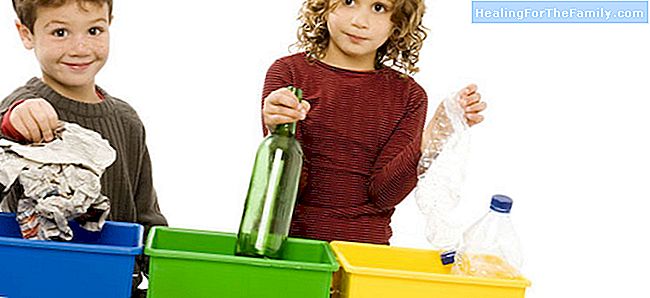
Never to the WC. They cause blockages in the pipes, break water treatment plants, and some reach the seas and rivers. If you have to get rid of a lot of diapers, which also smell terrible in the garbage, there are waterproof containers for diapers, which you can then throw in the normal trash. The rest you can get rid of by putting a wastebasket next to the toilet. 2 - It is forbidden to poop or throw the remains of the food on the beach
. You may think: "if my son makes an angel poop" ... but when you are swimming calmly in the sea you will not think the same when you see the poop of the child next to you floating. It is also not pleasant to dive near the head of a dead prawn or a piece of lettuce. You may even think, "if they are organic waste that the fish are going to eat", but to my knowledge the groupers do not eat sausages or eggs, and you would be surprised to know the genetic changesthat this diet causes in your body.
3- Medicines: Never throw them away. They contain dangerous and very polluting substances, you always have to throw them at a clean point
. 4- Oil: A controversial waste. Never throw it down thedrainage
, since a liter of oil contaminates 10,000 liters of water. It is a real ecological attack . Much better if you turn it into soap, candles, into an oil lamp or use it to shave. Do not get rid of him like the typical heavy neighbor, closing the door without more, but if you have no choice but to throw it away, you can let it cool, pick it up with a kitchen paper and throw it in the normal trash, or pour it in a plastic bottle with a lid and take it to a clean point.5- Plastics are a whole world. Not all plastics go to the container of plastics, but only those that arecontainers and envelopes. That is, not the toothbrush, the razors, the toys, the plastic buckets, or the straws; and yes to such curious things that are part of packaging such as: plastic stoppers, metal plates, corks, bricks
and wooden boxes of fruit. 6- Glass: the same happens with glass. Crystal is not the same as glass, although almost no one can distinguish which is which, so nothing to throw mirrors, ashtrays, glasses, and much less bulbs that carry mercury, such as those of low consumption. 7- The paper:
No clinex with snot glue, or kitchen paper with grease, or without it. Only clean paper and unpolluted cartons. Nor are the pizza boxes stained with the remains of the previous night, but the hundreds of drawings that your son leaves scattered throughout the house. How you see the world of recycling is complex, but since we get to recycle better do it well, since it costs the same, and above we give children an example.
They will be the heirs of the Earth and our garbage.

